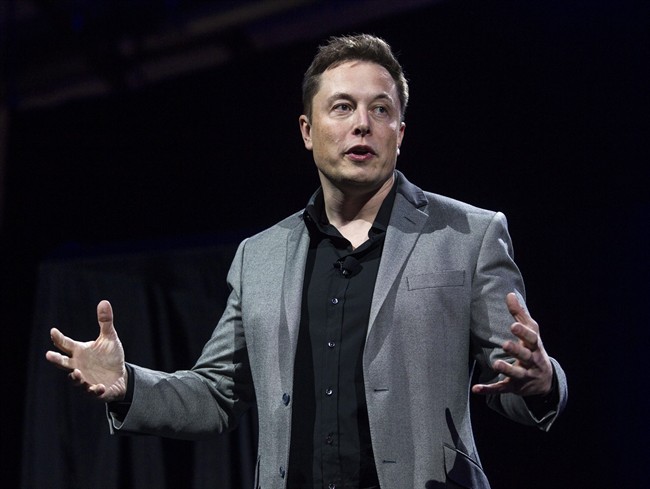Billionaire entrepreneur Elon Musk has some grim predictions when it comes to the future of automation.

While speaking at the World Government Summit in Dubai this week, Musk warned that a universal “basic income” will become necessary as people’s jobs are increasingly replaced by robots.
“There will be fewer and fewer jobs that a robot cannot do better,” Musk said, according to Fast Company. “I think some kind of universal basic income is going to be necessary.”
But Musk took it one step further, questioning how humans will deal emotionally with an influx of job-stealing robots.
“The much harder challenge is, how are people going to have meaning? A lot of people derive their meaning from their employment. So if there’s no need for your labour, what’s your meaning? Do you feel useless,” he said. “That’s a much harder problem to deal with.”
WATCH: European politicians debate whether to give robots rights

Musk did not point to a specific timeline regarding the development of automation; however, a recent report estimated only five per cent of the world’s jobs are actually in jeopardy of a full robot takeover.
READ MORE: Will you be replaced by a robot? A look at what jobs are going to the bots
The report, published by the McKinsey Global Institute, noted that 60 per cent of jobs are at risk of being partially automated, but found automation will benefit businesses and economies as a whole.
“Automation of activities can enable businesses to improve performance, by reducing errors and improving quality and speed, and in some cases achieving outcomes that go beyond human capabilities,” the report said.
WATCH: Japanese cellphone store staffed only by robots opens in Tokyo

According to the McKinsey Global Institute, jobs in hospitality and food services, manufacturing, agriculture, transportation and retail are the most likely to be replaced by robots. Jobs in education, management and health care were among the least likely to be replaced.
However, a 2015 study from Ball State University’s Center for Business and Economic Research found that 88 per cent of lost jobs were taken by robots and other homegrown factors that reduce factories’ need for human labour.
READ MORE: It’s mainly robots, not NAFTA or China, stealing millions of jobs from U.S.
“We’re making more with fewer people,” says Howard Shatz, a senior economist at the Rand Corp. think tank.
Take General Motors, for example. The automaker employs fewer than a third of the 600,000 people it employed in the 1970s, yet it produces more cars and trucks than ever before.
“These are not things I wish will happen; these are things I think probably will happen,” Musk said about the issue.
“And if my assessment is correct and they probably will happen, then we have to think about what are we going to do about it?”
— With files from The Associated Press and Global News reporter Tania Kohut
- Gas prices surge in some parts of Canada. What’s causing pain at the pumps?
- Roll Up To Win? Tim Hortons says $55K boat win email was ‘human error’
- Ontario premier calls cost of gas ‘absolutely disgusting,’ raises price-gouging concerns
- Buzz kill? Gen Z less interested in coffee than older Canadians, survey shows




Comments